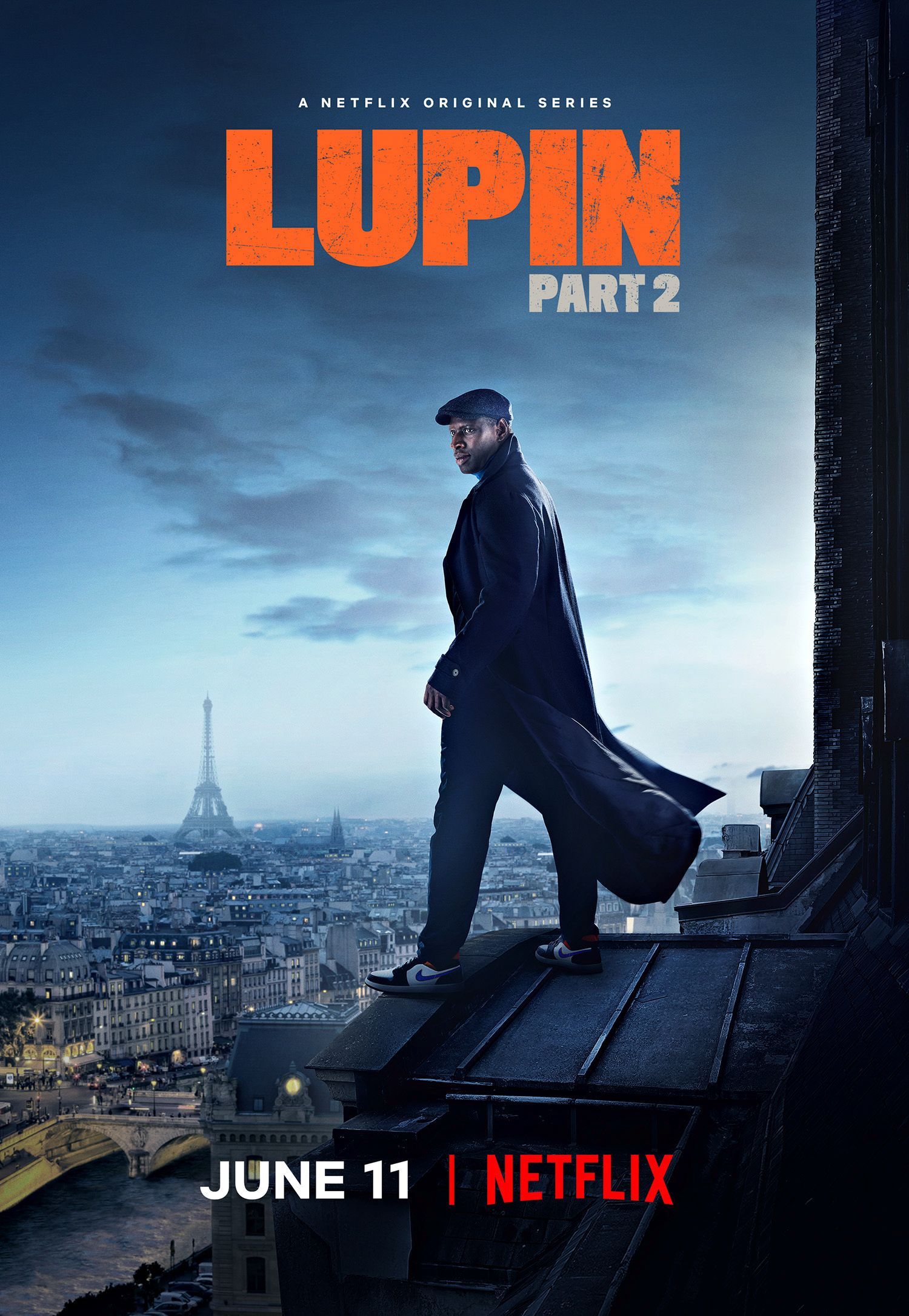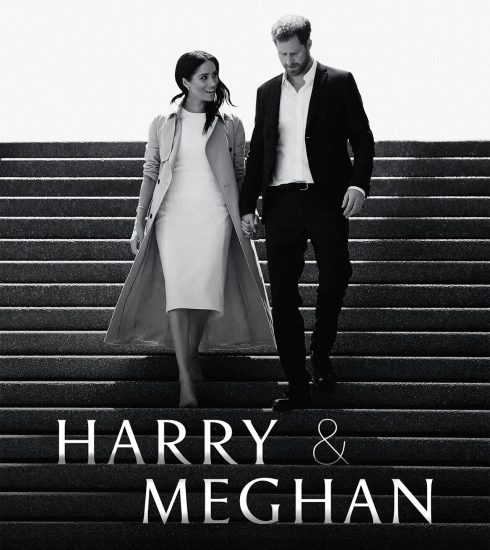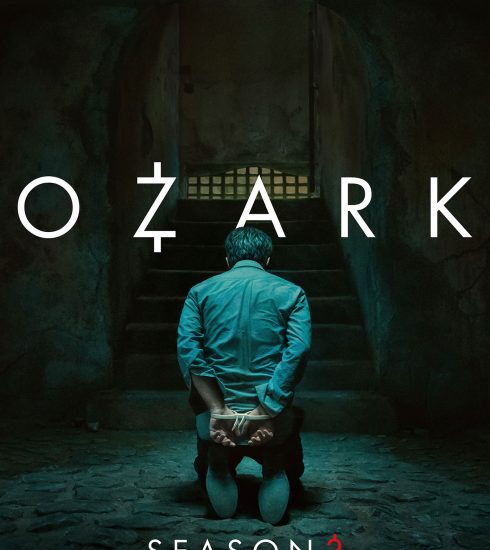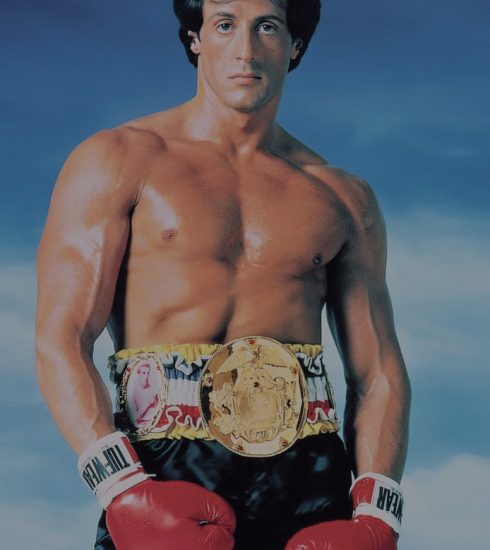Movie Review: The Hitman’s Wife’s Bodyguard
The first movie, The Hitman’s Bodyguard (2017), without “wife’s” in the title, was a delightful buddy action comedy. The drop-off of this sequel is monstrously precipitous, making it a huge disappointment-in-waiting for fans of the predecessor.
How can a cast of Ryan Reynolds, Samuel L. Jackson, Salma Hayek, Antonio Banderas, Gary Oldman and Morgan – freakin’ – Freeman go so wrong? It appears that so much was spent on the stars, and a slew of lovely European locations, that there was nothing left for the screenplay or editing. It winds up a hyperbolic mess with only occasional laughs to reward the viewer.
In THE HITMAN’S WIFE’S BODYGUARD, bodyguard Michael Bryce (Ryan Reynolds) is stressed out by the continued suspension of the bodyguard license he lost in the first movie. He’s haunted by dreams (literally) of winning industry honors, just like his dad. The last thing he wants is to see hitman Darius Kincaid ( Samuel L. Jackson), newly married to con artist Sonia Kincaid (Salma Hayek). But the demented duo decides they need him to defeat bad guy Aristotle Papadopolous ( Antonio Banderas), a wealthy, mad Greek who wants to restore his country to its ancient glory by destroying the European Union. As if that makes sense. Also in the cast, in smaller roles, are Morgan Freeman, Tom Hopper, Richard Grant, Frank Grillo and Gary Oldman.
The plot is just an excuse for everyone to run around to deal with an assortment of threats and foes. Hayek and Banderas, particularly, overact to the point of cartoonishness – seemingly on purpose. The bond between Reynolds and Jackson that evolved so charmingly in the first is reduced to ashes. Instead of a comedy, this plays out almost as a spoof on the first film, missing even that mark. Rarely has so much bankable talent been put to such poor use.
The film references early James Bond and other action films, and specially calls out the 1987 comedy OVERBOARD, but little comedic use is made of the references. Often after some spectacular CGI explosion, there is a pause to insert a witty quip, but all we get are gems like “I hope they are OK” after a boat explodes.
Tom O’Connor was the sole credited writer for the first. For this sequel, he was joined by brothers Brandon and Phillip Murphy. Two heads may be better than one, but this is evidence that three can be worse than either. Patrick Hughes directed both, causing one to wonder how he lost so much of his comedic sensibility in the four intervening years. I’m guessing that the cast had a lot more fun horsing around on the sets than most of us will have watching the result.
This pointless sequel is a veritable poster-child for unnecessary and bad sequels, a total waste of a good cast and a total waste of viewers’ time.
The Hitman’s Wife’s Bodyguard is now in cinemas.
RATING: 1/5
Netflix Watch of The Week:

Lupin Season 2
Created by: George Kay
Cast: Omar Sy, Ludivine Sagnier, Soufiane Guerrab
Streaming on: Netflix
Like the titular hero that inspired the anti-hero in Netflix’s Lupin, Assane Diop, played by Omar Sy, is expected not to kill his opponents.
If he does, it would be a great disservice to the fictional mastermind he grew up idolising: Arsene Lupin. This no-kill policy gets tested on multiple instances across the 5-episode successor of this prestige show that introduced us to the ‘gentleman thief ’ in January.
The second part finds Assane in a very vulnerable position. The risk of being cornered by bad guys and the law keeps increasing with each passing hour, and you often wonder whether Assane will deviate from his most guarded philosophy and take the extreme step.
Like Batman in The Dark Knight, Assane not only has to keep himself hidden from the whole of Paris but also has to juggle the responsibility of protecting his loved ones from danger. Like the events that led Bruce Wayne to become Batman, everything in Lupin started with an act of injustice to a parent that caused Assane to embark on a journey of revenge.
The stakes are much higher in Part 2, which begins where Part 1 ended: the kidnapping of Assane’s son at the behest of the primary antagonist, Hubert Pellegrini (Hervé Pierre growing more despicable with every episode).
The first episode finds Assane at his most vulnerable. But the intense ordeal becomes an opportunity to present a potential ally in the form of Youssef Guedira (Soufiane Guerrab), a cop and fellow Lupin fan who has been successful at getting close to Assane. Guedira is the show’s ‘Ganimard’, the investigator from the books.
It’s a moniker that Assane himself accords with Guedira. Part 2 also explores a potential love interest, considering the rift between Assane and his wife, Claire (Ludivine Sagnier).
Part 2 not only delves deeper into the background of the elusive protagonist but also those around him. I liked how even its supporting characters manage to be memorable despite not having strong character arcs. They make a strong impression nonetheless, given their notable personalities, expressed wonderfully by all the right actors.
But then Lupin is about Assane’s journey and how each of these characters, good or bad, play a role in his evolution. As in the first part, Assane often looks into the past for inspiration. The tricks he learned and perfected during his school days with his best friend, Benjamin Ferel (Antoine Gouy), often come in handy.
Part 2 also drops references to the Lupin-Sherlock Holmes crossover books, and the result is something that reminds us of all the things we enjoyed in a Batman, Jason Bourne, Mission Impossible, or Daniel Ocean movie.
At times, the tension is heightened by cross-cutting between events in the past and present. Every plot development leads to a grand finale at an opera house that pays homage to the likes of Mission Impossible: Rogue Nation, and recently, Alfred Hitchcock’s The Man Who Knew Too Much.
Despite the familiarity of some plot points that feel like callbacks to crime films we grew up loving, both parts of Lupin work largely due to Omar Sy’s charming presence and the way he sells Assane’s larger-than-life aura and his vulnerability at once.
By the time the end credits roll, we get everything we hoped for, but we are also left wondering where the character goes from here.
The ambiguity may not work for some, but it reflects the feeling of Assane’s loved ones and fans in the story, and it carries the promise of Part 3. I’m already a fan, and I’m waiting to see if Assane would go global or face a new adversary next time. For now, this will do.
Boluwatife Adesina is a media writer and the helmer of the Downtown Review page. He’s probably in a cinema near you.






